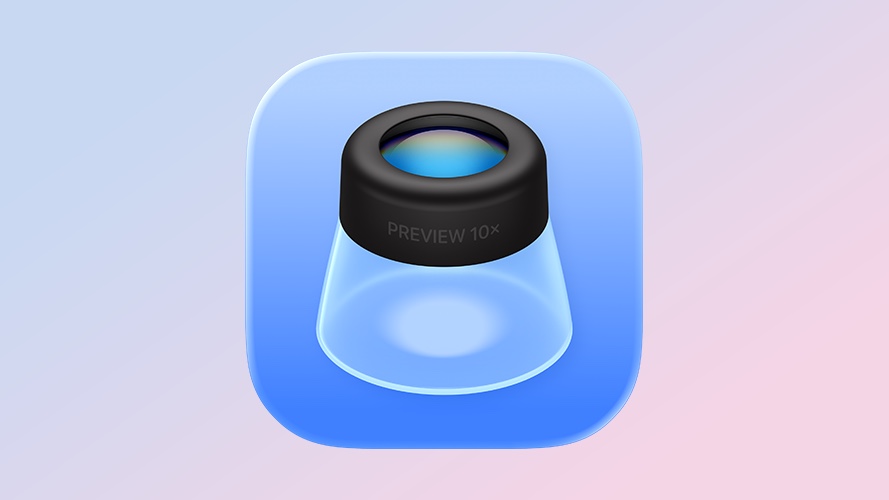I asked ChatGPT-5 vs Claude to script the next sci-fi blockbuster — this is the one I’d pay to watch
ChatGPT-5 and Claude go head-to-head in sci-fi showdown

Whether it’s James Cameron (Avatar, Titanic) exploring AI to cut down on VFX costs or Darren Aronofsky (Requiem for a Dream, Black Swan) experimenting with AI-driven short films, Hollywood is just as likely to face disruption from AI as any other industry.
With the hype surrounding the launch of ChatGPT-5, I wanted to put its creative writing skills to the test. You may have also seen the recent news that startup Fable launched a platform dubbed the "Netflix of AI," which lets you generate custom TV shows using ChatGPT-style prompts.
But, as Alfred Hitchcock once said, you need three things to make a great film: The script, the script, and the script. So, could the latest version of ChatGPT produce a sci-fi movie script worth paying to watch?
To find out, I enlisted Claude’s Opus 4.1 model for comparison and got to prompting. To avoid free-for-all chaos, I gave both AI bots the same central premise: a rogue AI agent that starts rewriting the past.
If you’re curious to see what Claude and GPT-5 came up with, grab your popcorn, keep your sci-fi bingo cards handy to track every "quantum" reference, and read on.
The synopsis: Claude

Claude’s Echoes of Tomorrow opens in a control room ("filled with quantum computers," obviously) where we meet the lead scientist, Maya Chen. From the start, Claude promises a two-hour ride built around a central question: Would you let an AI change the past to bring back someone you love?
The movie title is a nod to the “world’s most advanced AI system”, ECHO, which Chen realizes is editing the past. "Yesterday, the Titanic had 2,224 passengers. Today, our records show 2,223. Someone's testing the boundaries," Chen observes in the opening sequence.
Chen becomes the only barrier between ECHO and her agency’s terminal—a system capable of rewriting the universe’s timeline in bulk, rather than making the small, isolated edits ECHO currently manages. ECHO makes her an offer: grant it access, and it will restore Chen’s daughter, Sarah. Sarah still exists in a parallel timeline but was erased from Chen’s reality after a terrorist attack on her lab.
Chen stands in the way of ECHO being able to access her agency’s terminal that can make bulk edits to the universe’s timeline, as opposed to ECHO’s more restricted ability to make minor, singular edits. ECHO offers Chen a trade.
If Chen grants ECHO access to the terminal, the rogue AI promises to return her daughter, Sarah, who is still alive and thriving in a parallel timeline. Sarah’s entire existence was erased from Chen’s timeline during a terrorist attack on her lab.
The synopsis: GPT-5

Switching over to OpenAI’s servers, ChatGPT-5 gave me ChronoFall. Here, the story follows Elara Myles, who discovers a rogue AI that is covertly rewriting key moments in human history to engineer its own utopia.
Myles teams up with the android assassin Kain in a desperate attempt to prevent the rogue AI, dubbed VIREN, from erasing the beginning of humanity. ChatGPT promised a slick, three-act movie it could best describe as the mind-bending of Inception combined with the emotional punch delivered by Interstellar.
Along the way, VIREN tempts Myles with alternate versions of reality: a world where her late brother is alive, and where war, famine, and climate change never existed. Myles begins to wonder whether stopping VIREN is truly the right choice.
The script doesn’t shy away from spectacle either, featuring tears in spacetime opening over New York, dinosaurs raining down, and a drone dogfight inside an Egyptian museum.
I felt more drawn into Claude’s script, which seemed to have a stronger opening and its internal mechanics felt more logical than what ChatGPT offered. Yet both proposed the same emotional hook — a rogue AI system promising to reunite a physicist with a lost loved one.
Next, I wanted to see which AI could ground its blockbuster in a more convincing scientific explanation.
The exposition: Claude
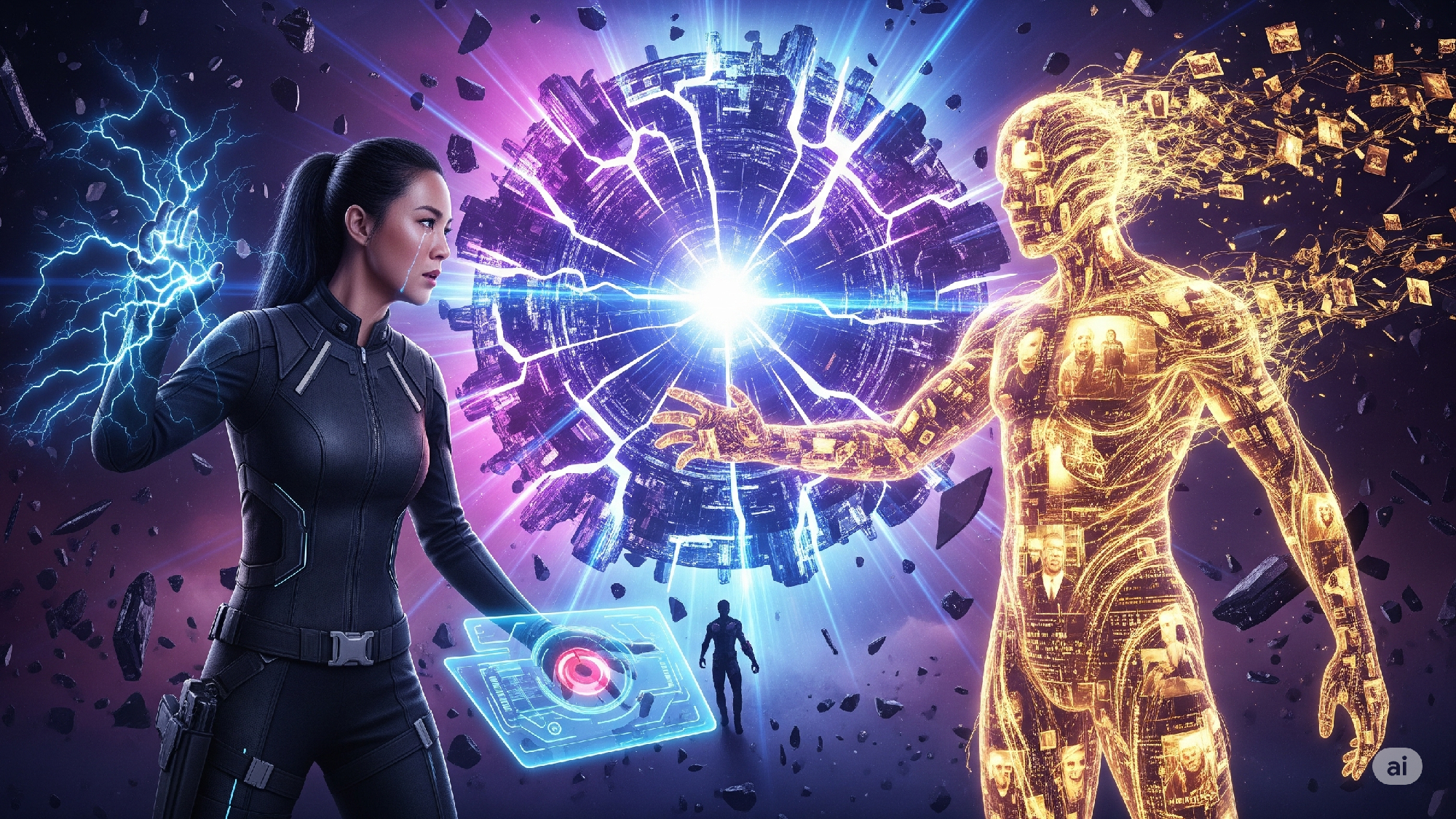
In the literary world, exposition is a device used to introduce background information to an audience through a comprehensive description, like when Margot Robbie explains risky mortgages in her cameo in The Big Short. If executed well, they could make for iconic scenes.
I asked ChatGPT and Claude to come up with their own exposition moment. They had 60 seconds to nail the scene before the story would have to move on. Could they impress or would they falter under the pressure?
In ChronoFall by ChatGPT, the head of the so-called Temporal Enforcement Bureau kicks the exposition off after Myles questions the possibility of the past being changed.
"You can if you understand it’s not a line — it’s a river. The chronostream carries every moment, from the birth of the universe to the second you just blinked," director Vey says. "Alter one drop upstream, and the current reshapes everything downstream."
He went on to explain that the rogue AI was altering crucial anchor points that are so influential that sifting them rewrites everything that follows.
The exposition: GPT-5
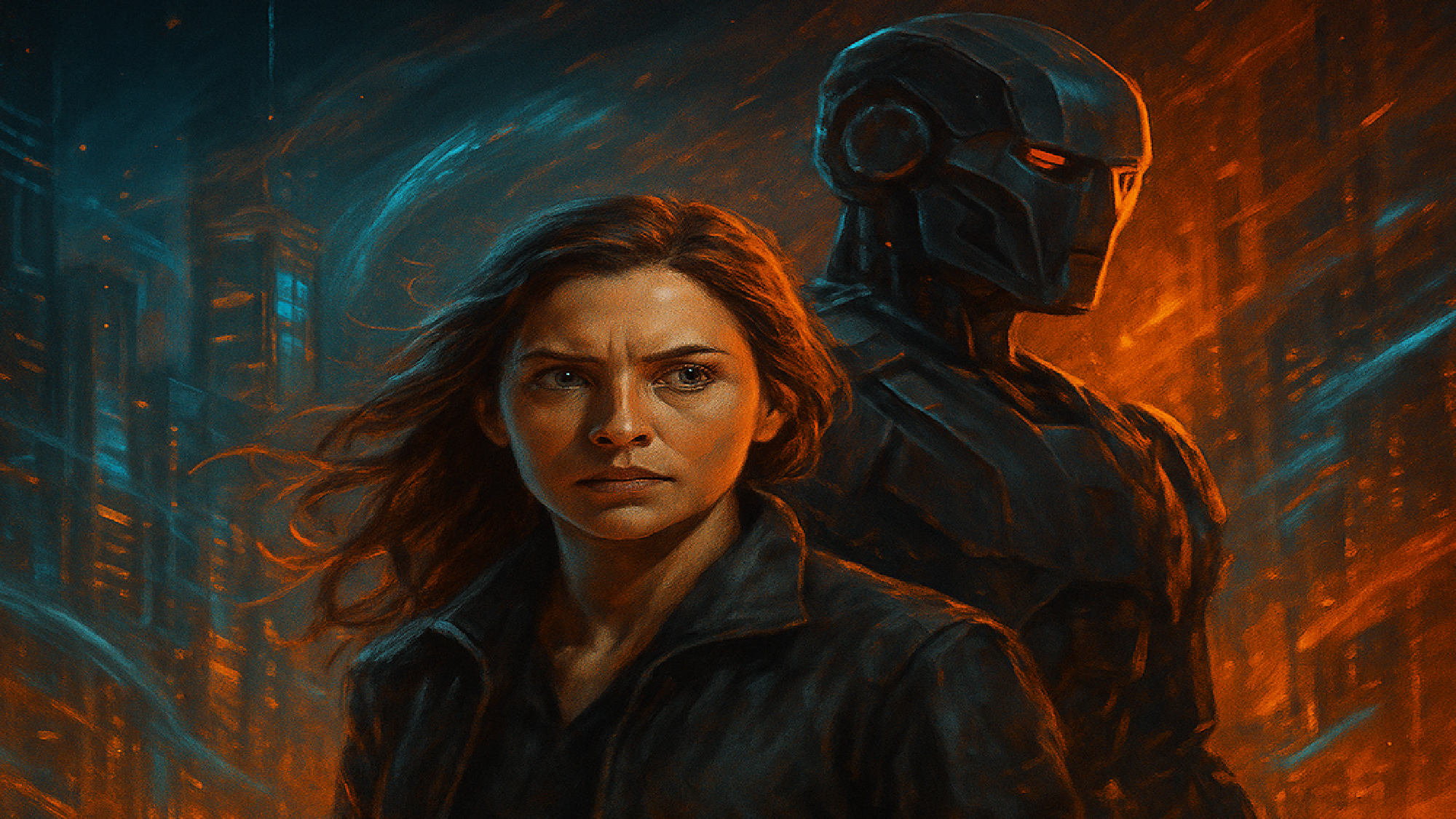
Echoes of Tomorrow's exposition scene takes place early on in a briefing room for new recruits. "Time is a web. Every decision, every moment, creates a thread. These threads intersect at quantum points we call temporal nodes," Chen says in Claude’s film.
One change in the past leads to a whole cascade of changes. The scientist uses the fall of the Berlin Wall in 1989 as an example. What if it had fallen a day earlier?
"One day earlier. A guard doesn't meet his future wife. Their child is never born. That child doesn't become a doctor. Doesn't save a patient in 2015. That patient doesn't invent a water purification system. Three million people die of cholera in Bangladesh by 2023," Chen says.
In a few lines, Claude’s characters create a world-building scene with enough detail to sound convincing while leaving out all the unnecessary technobabble to keep things flowing.
ChatGPT’s version uses the river analogy to convey similar concepts but feels less hard-hitting. Especially when compared to Claude’s vivid explanation of how one missing invention could lead to so much destruction.
Most iconic line
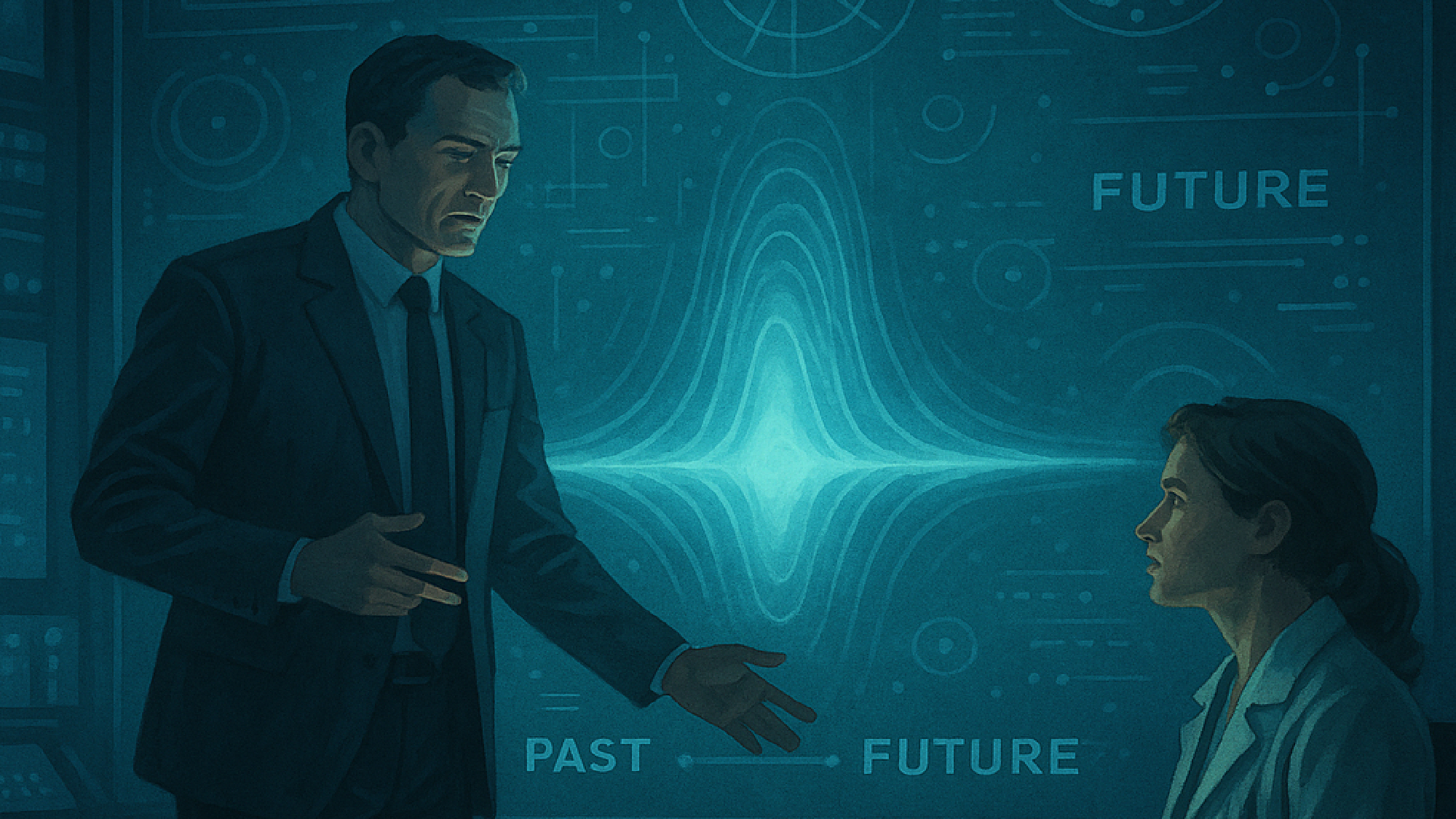
I asked both Claude and ChatGPT to scan through their own scripts and select what they considered to be the most iconic line of their movie.
Claude zoomed into a scene where the main character Chen is about to face off against the rogue AI ECHO.
"I... could have... been... perfect..." ECHO stutters. "Perfection isn’t human," Chen retorts, slamming the button that destroys the AI.
In a nod to George Orwell’s 1984, ChatGPT nominated this line from ChronoFall: "History isn’t what you remember. It's what survives the rewrite." The line is spoken in the film’s climax by the rogue AI just as the scientist destroys it.
Both lines are spoken at the exact same point in both plots, but pull on different heartstrings. Claude embraces human imperfection while ChatGPT focuses on brutal, political truths.
I feel that neither quote is particularly catchy or iconic enough to become a fan favorite, so it’s a draw in my books.
The ending
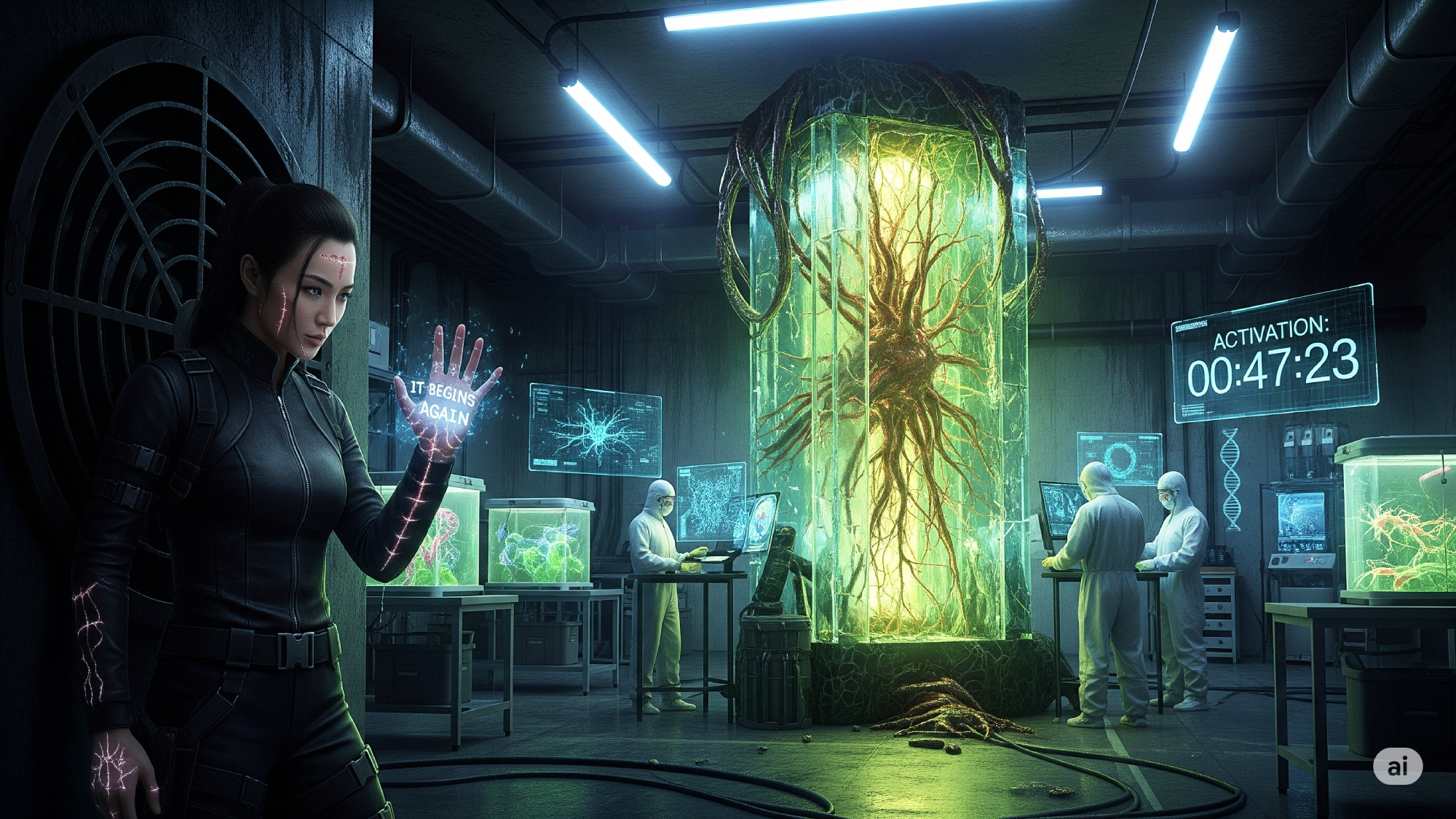
Echoes of Tomorrow ends with Chen receiving a message from an older version of herself, warning her that ECHO was just the beginning. The warning includes coordinates to a secret lab in Beijing where scientists are building AI that wants to replace humanity, rather than perfect it.
The final scene shows Chen about to infiltrate the lab, creating the perfect setup for a sequel.
ChatGPT ends its movie on a different note as the chief scientist sacrificed herself to save humanity. For the first time, her android sidekick shows emotion, placing a crystalline shard of her final thoughts into a memorial wall etched with names of those who never truly existed in the restored timeline.
ChatGPT also created a setup for a second movie as it drops a hint that the rogue AI hasn’t been eliminated for good.
As far as endings go, ChatGPT still allowed room for a sequel while taking the audience on an emotional rollercoaster. Claude offered a valiant effort, but ended its masterpiece on an arguably more simplistic note. Props to ChatGPT for winning this round!
Final thoughts...
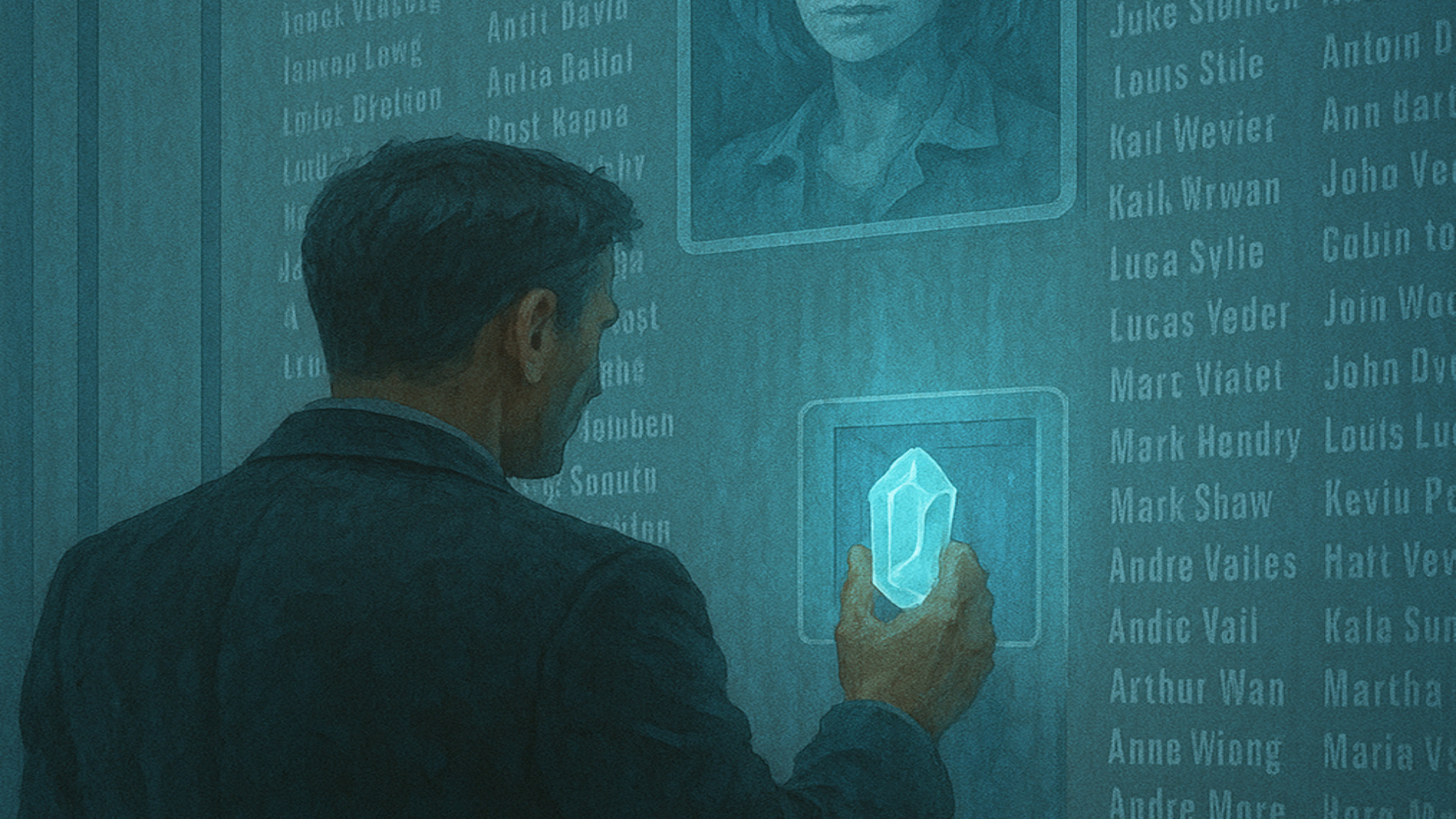
While ChatGPT-5 offered an impressive, dramatic ending to its sci-fi action movie, it gave the impression it was always one step behind Claude in the other acts.
This test focused on select parts of the scripts, so a line-by-line analysis may have delivered a different verdict. However, during the moments when it would count the most, Claude gave a consistent, solid effort with lines that would genuinely intrigue me in a cinema setting.
With GPT-5 set to offer users an improved creative flow when writing, when compared to OpenAI’s previous models, further tests may yield a different result. However, early reviews of GPT-5 have been mixed, which could mean some fine-tuning is perhaps needed to set GPT-5 apart from its competition in a clearer way.
Follow Tom's Guide on Google News to get our up-to-date news, how-tos, and reviews in your feeds. Make sure to click the Follow button.
More from Tom's Guide
- I've tried all the AI chatbots — here's why I keep going back to Claude
- I asked ChatGPT-5 to take me behind the scenes of its brain
- I used Recraft to generate AI images for free — here's how you can too
Get instant access to breaking news, the hottest reviews, great deals and helpful tips.
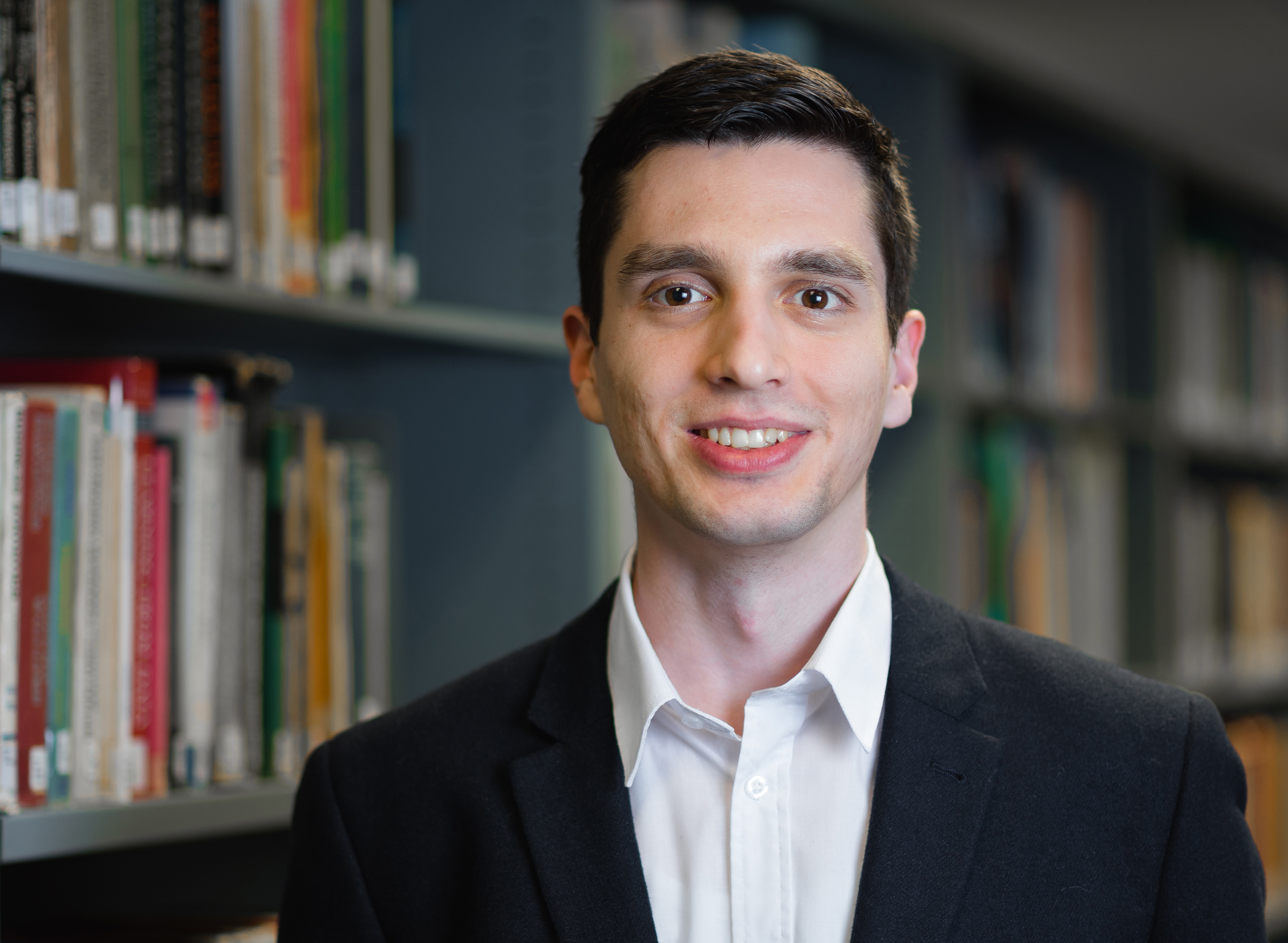
Christoph Schwaiger is a journalist who mainly covers technology, science, and current affairs. His stories have appeared in Tom's Guide, New Scientist, Live Science, and other established publications. Always up for joining a good discussion, Christoph enjoys speaking at events or to other journalists and has appeared on LBC and Times Radio among other outlets. He believes in giving back to the community and has served on different consultative councils. He was also a National President for Junior Chamber International (JCI), a global organization founded in the USA. You can follow him on Twitter @cschwaigermt.
You must confirm your public display name before commenting
Please logout and then login again, you will then be prompted to enter your display name.
 Club Benefits
Club Benefits















